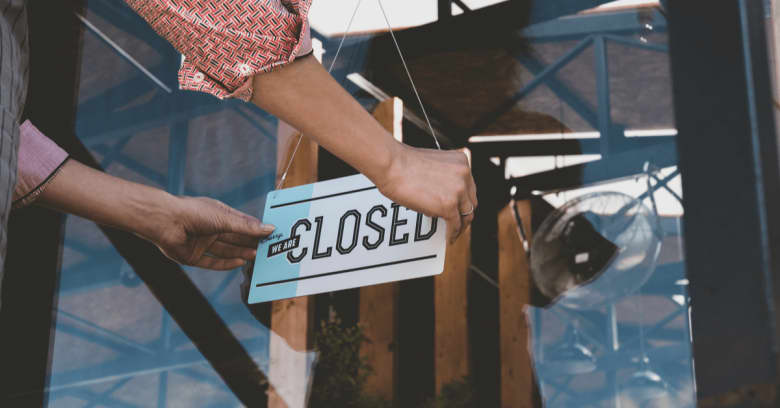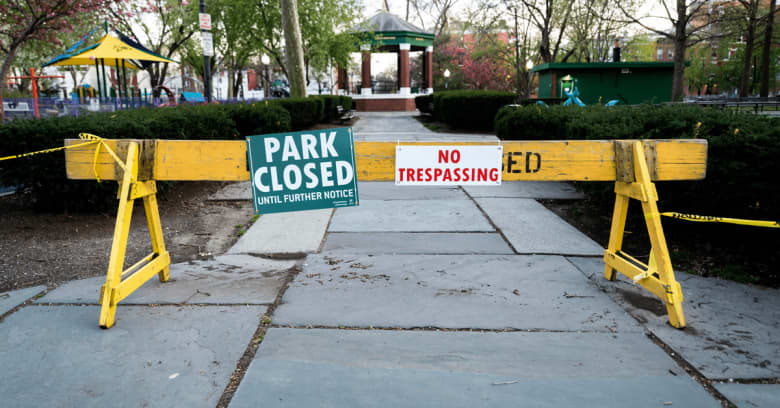The coronavirus pandemic has affected businesses of all sizes across the board, but it’s small businesses that have been the hardest hit. State orders to remain indoors and the shutting down of non-essential companies have had a massive economic impact on small business owners and employees.
According to FEMA, almost 40% of small businesses never reopen their doors following a disaster. Some of the 30.2 million small businesses in the U.S. will continue to undergo extensive financial losses as a result of quarantines and restrictions in trade as long as the pandemic persists.
Some small businesses are turning to their insurance policies to see if they can claim income lost due to the pandemic. But whether these claims will be covered depends on several factors. Just how much can small business owners expect to be covered by their insurance in the case of a global crisis like the coronavirus?
Small business owners are required by the federal government to have certain kinds of insurance, such as workers’ compensation, unemployment and disability insurance. Some states also require additional coverage, and these laws vary from state to state.





















